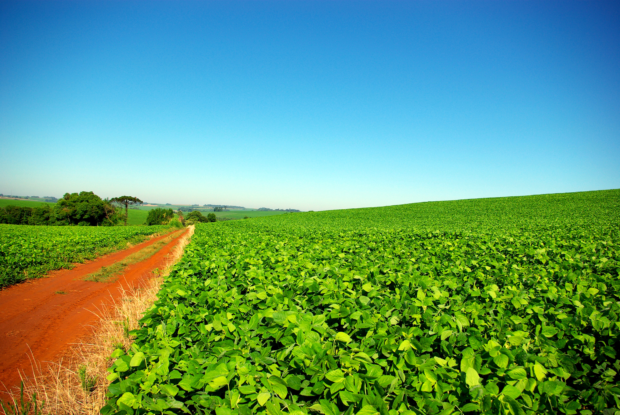We have much more to do and your continued support is needed now more than ever.
The Amazon Soy Moratorium is safe!

Despite repeated attacks, the Soy Moratorium in the Brazilian Amazon is safe—at least for a while. This is a huge win, not only for tropical forest conservation, but also for wildlife habitat and biodiversity.
Earlier this year, the Brazilian soy associations – which include three major U.S. companies (the agricultural trading giants ADM, Bunge and Cargill) – had announced that they would terminate the Amazon Soy Moratorium, which requires members to avoid soy-driven deforestation.
The Amazon is home to some of the most species-rich habitats in the world; and the end of the Soy Moratorium would have put Amazon forests at risk, significantly threatening wildlife, including iconic species such as jaguars, macaws and monkeys.
The recent announcement by the Brazilian soy industry to extend the Soy Moratorium, ensures that these safeguards, which are critical to protecting tropical forests and wildlife, remain in place.

Dedication to protecting forests and wildlife
The Amazon Soy Moratorium represents one of the first large-scale and effective voluntary solutions to reduce agriculture-driven deforestation in the tropics. The Moratorium is an agreement among producers and traders to exclude from their supply chains any farms in key Amazon areas which grow soy on land that was recently deforested.
Since it was adopted in 2006, NWF has supported the Soy Moratorium, and we have worked to ensure that the safeguards remain in place for as long as they are needed. Our outreach to retailers, manufacturers, and agricultural traders has highlighted the negative consequences of prematurely ending the Soy Moratorium, as well as the gaps and shortcomings of the currently available alternatives
While we are celebrating the current win, it is important to note that the recent announcement to extend the Amazon Soy Moratorium is only a temporary reprieve; there remains significant pressure to convert forest for agriculture in Brazil. Moreover, the Moratorium itself is only extended until mid-2016. Continued support from the companies who buy agricultural commodities such as soy will be critical to foster deforestation-free production. It’s important that these companies know their customers – and that includes all of us – value deforestation free ingredients in our personal care and food products.






















